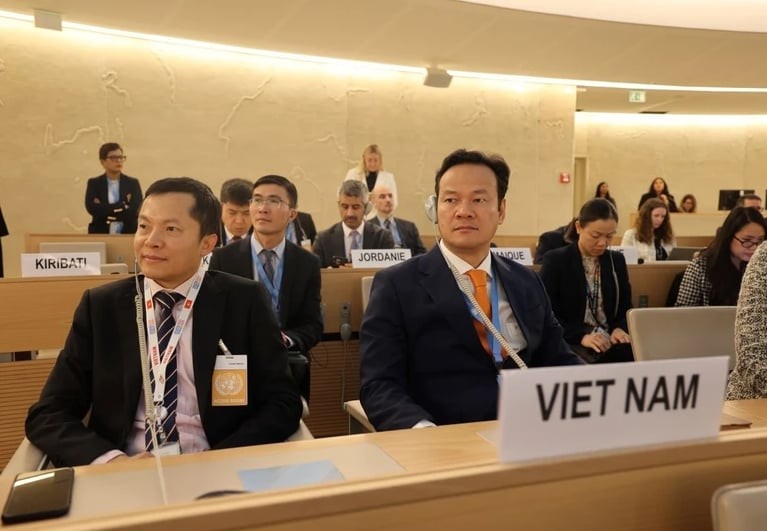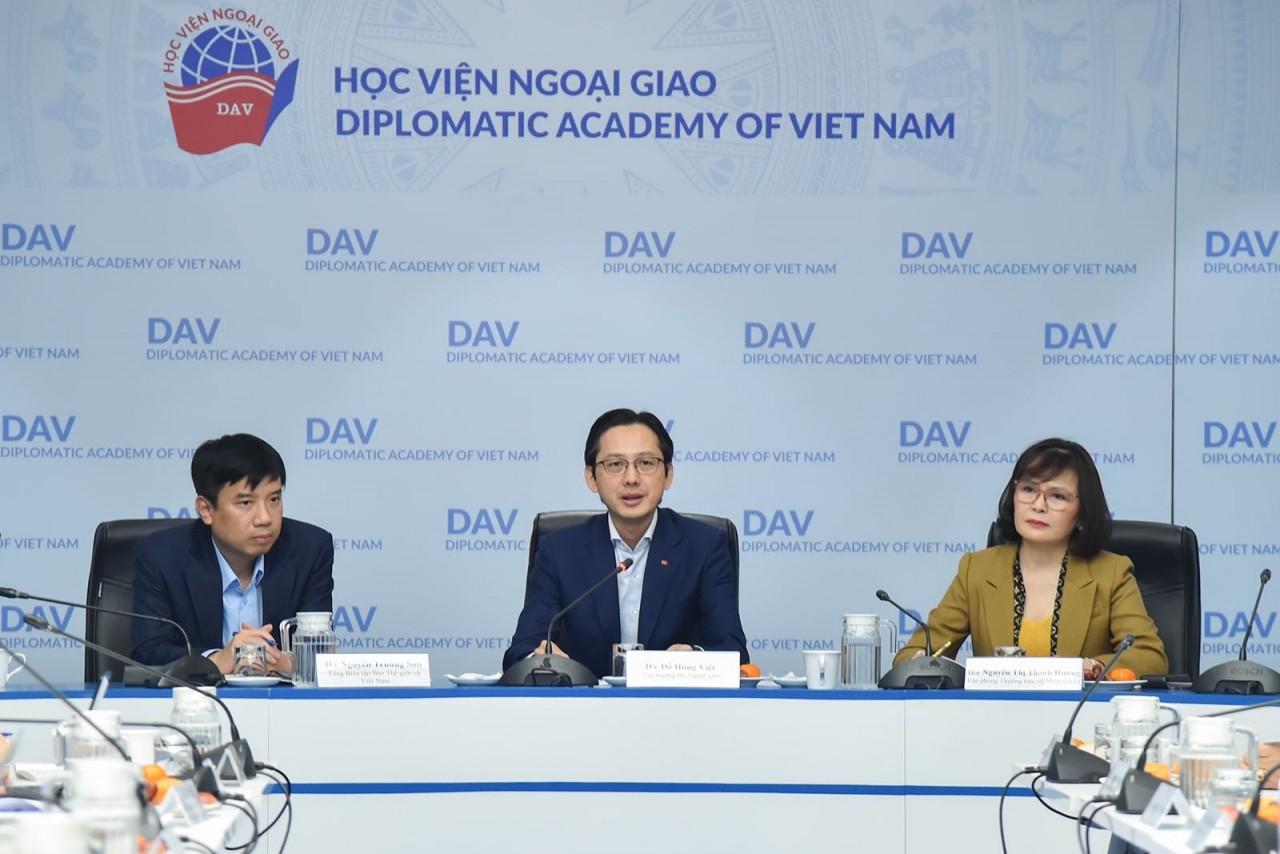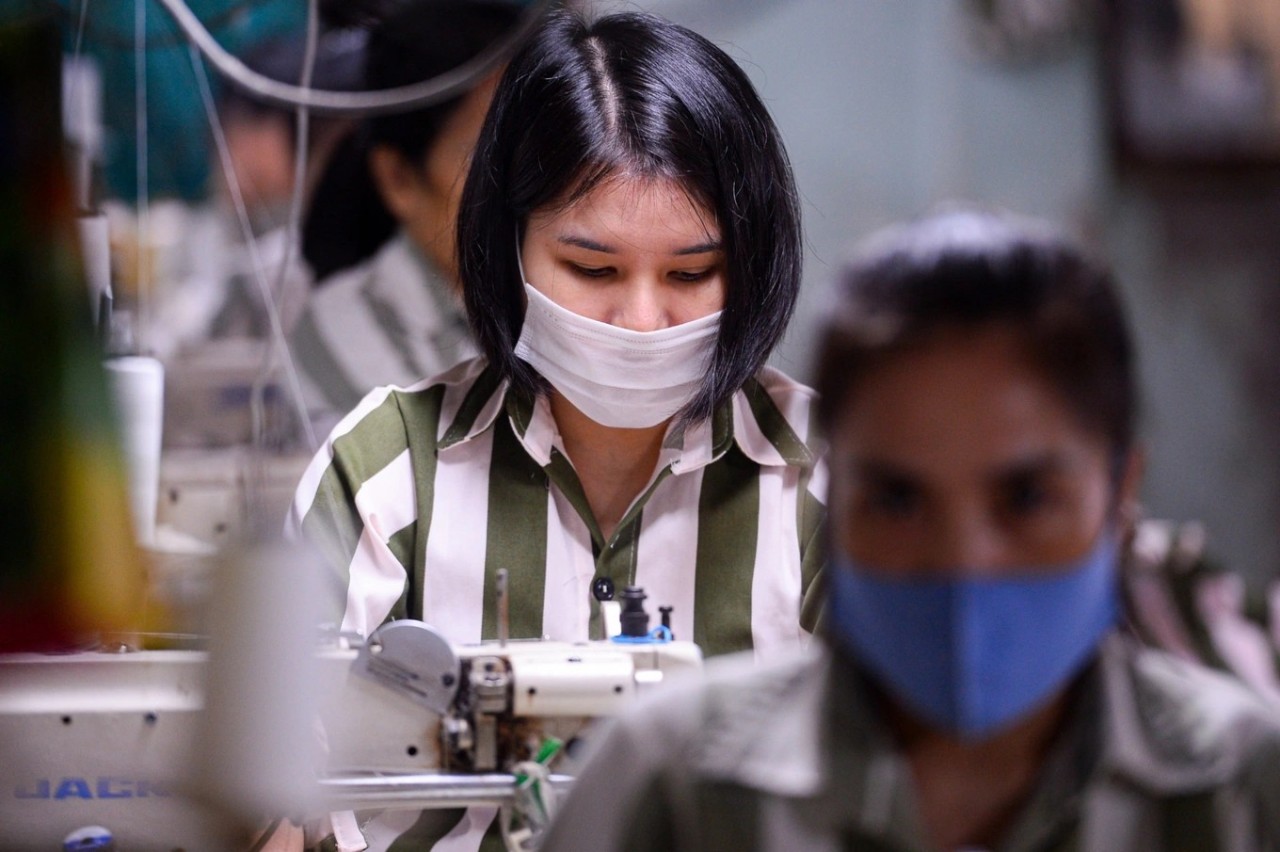Protecting Human Rights During Pandemic - Lessons Learned from Canada, Indonesia
Canada: Prioritize protection of vulnerable groups
From the first days into the pandemic, the Canadian government has determined that Covid-19 prevention is a human rights obligation, acknowledging that the novel virus compromises the right to health and life under Canadian domestic and international human rights law.
Therefore, authorities of all levels are legally obligated to take steps to prevent the spread of the coronavirus and treat those infected without discrimination of any kind and take into consideration related interdependent and interacting factors.
Due to the country’s historical factors, ensuring its human rights law goes hand in hand with respecting the rights of indigenous peoples (First Nations, Métis and Inuit), including making sure the pandemic is contained in an appropriate and safe for the culture of locals.
The government has allocated additional funding to provide indigenous people with adequate accommodation, physical and mental healthcare, clean water and sanitation, services supporting children and women, people with disabilities, drug addicts, the elderly and other necessary services. Anti-pandemic measures are built and implemented under consultation with local people.
In Canada, to minimize human rights violations, all Covid-related public health or emergency measures that might compromise human rights must have a specific deadline and be regularly reviewed for adjustment. This is consistent with the Universal Declaration of Human Rights, the International Covenant on Civil and Political Rights as well as the relevant Canadian national law.
The country prioritizes protection of vulnerable groups, which makes sure those individuals have equitable access to health care and other measures during pandemic time, including financial assistance.
Canadian government also takes steps to minimize gender impacts and ensure that its response to Covid-19 does not result in gender disparities; ensure favorable access to public health and emergency measures, especially for people with disabilities, those at high risk of contracting the virus and those struggling to with access to medical care, food and other basic needs; ensure that any public health law enforcement or emergency measures are not criminalized.
Indonesia: Ensure the right to health for medical workers
Human rights is one of the five main ideological pillars - Pancasilla ideology in Indonesia.
In the Covid-19 context, the right to health is the first right to be affected and the first right to be taken into consideration by the Indonesian government. The right to health is enshrined in Article 28 of the Indonesian Constitution, which states that everyone has the right to medical care.
The government has given special care to the right to health of the medical personnel, saying the force is at the forefront of the pandemic fight, determining the success of the country’s containment effort.
In particular, Indonesian legislators have issued many policies such as loosening medical equipment distribution licensing criteria to solve the shortage many healthcare establishments face, thereby reducing the risk of exposure to coronavirus among healthcare workers.
The government also encourages medical personnel by granting monthly allowance, accommodation and transportation to specialists, general practitioners, and medical staff.
There have been groups accompanying medical workers, programs giving psychosocial and mental health services, hotline pathways for mental health guidance and psychosocial support.
The medical personnel was also first in queue for the Covid-19 vaccination in Indonesia, which started on Jan 2021. This is also the only recipient group in the country to receive the 3rd dose.
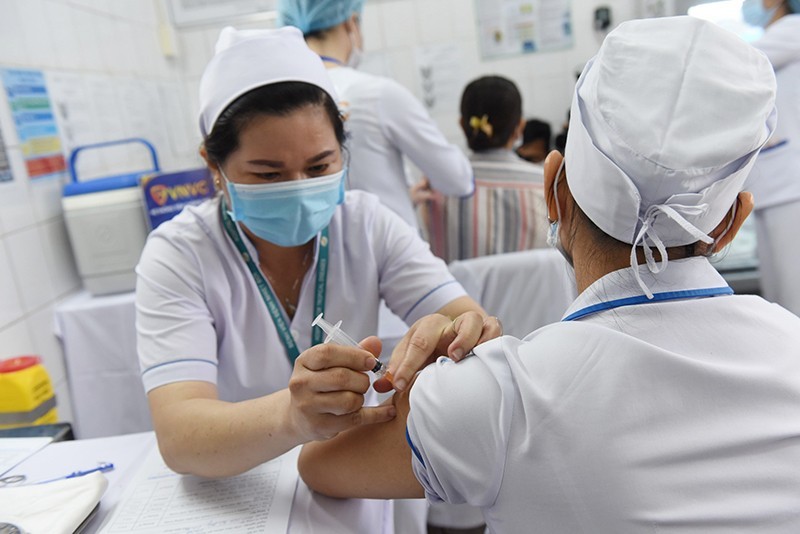 |
| In many countries, the health rights of healthcare workers are of particular concern because this is the frontline force that determines the success of the response to the COVID-19 pandemic. |
Lessons learned for Vietnam
Vietnam, Canada and Indonesia have certain differences in terms of political and administrative regimes, population size and distribution, level of development and capacity of healthcare system, as well as people’s awareness of human rights.
However, according to Counselor Tran Chi Thanh, Deputy Head of the representative office of the Vietnamese Embassy in Canada, from the perspective of formulating and implementing policies and measures to respond to COVID-19, the practice in Canada also brings interesting suggestions for Vietnam.
First, the development and application of policies and measures to respond to the COVID-19 pandemic must be based on scientific evidence, in consultation with representatives of the directly affected communities, with a specific application period based on actual developments, and must be regularly evaluated for appropriate adjustments. The application of the "road permit" and the continuous adjustment of the Hanoi government over the past time has shown the lack of scientific basis and consultation with the communities directly affected. in the process of proposing and applying the policy.
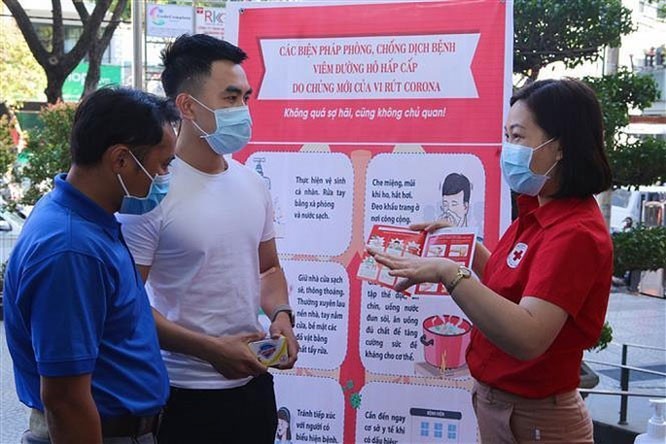 |
| Communication work helps raise citizens' awareness of the pandemic. |
Second, policies application must be uniform and synchronous across all localities in the country and applicable to all citizens, regardless of their gender, age, nationality, place of residence.
Third, communication work must be timely and transparent, especially while notifying citizens of measures being implemented either when the pandemic is getting better or worse. This will help avoid unnecessary panic among citizens and encourage them to voluntarily comply with in-place protocols.
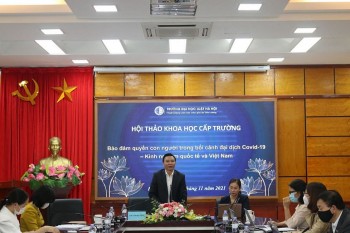 | Human Rights Ensured in Pandemic Situation Covid-19 has left negative effects on the guarantee of human rights, requiring further improvement of the legal framework and cooperation of the international community to ... |
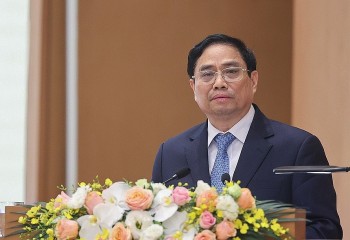 | Vietnam Among 6 Countries with Highest Vaccination Coverage in the World From a very low vaccination coverage, Vietnam has risen to one of the six countries with the highest vaccine coverage rate in the world, according ... |
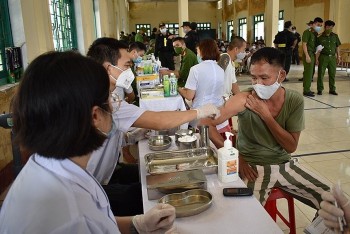 | Thousands of Prisoners across Vietnam get Covid-19 Jabs Thousands of inmates detained at prisons in Ninh Binh, Da Nang, Son La, and other provinces have received the coronavirus vaccine last year. |
Recommended
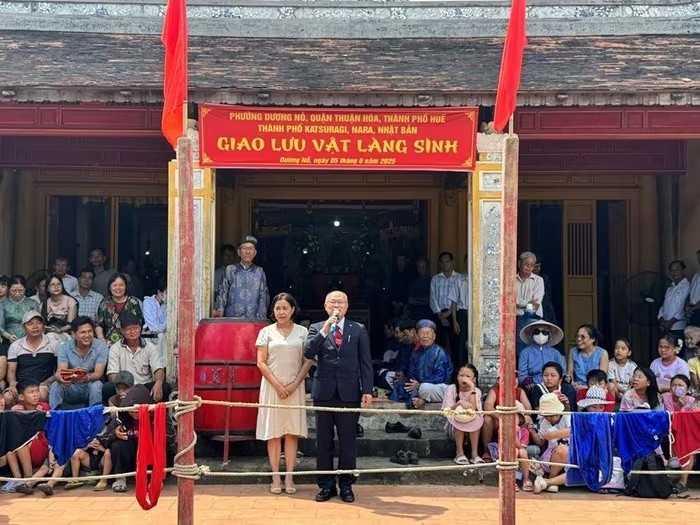 Viet's Home
Viet's Home
Traditional Martial Arts Exchange between Sinh village (Hue City) and Katsuragi City (Japan)
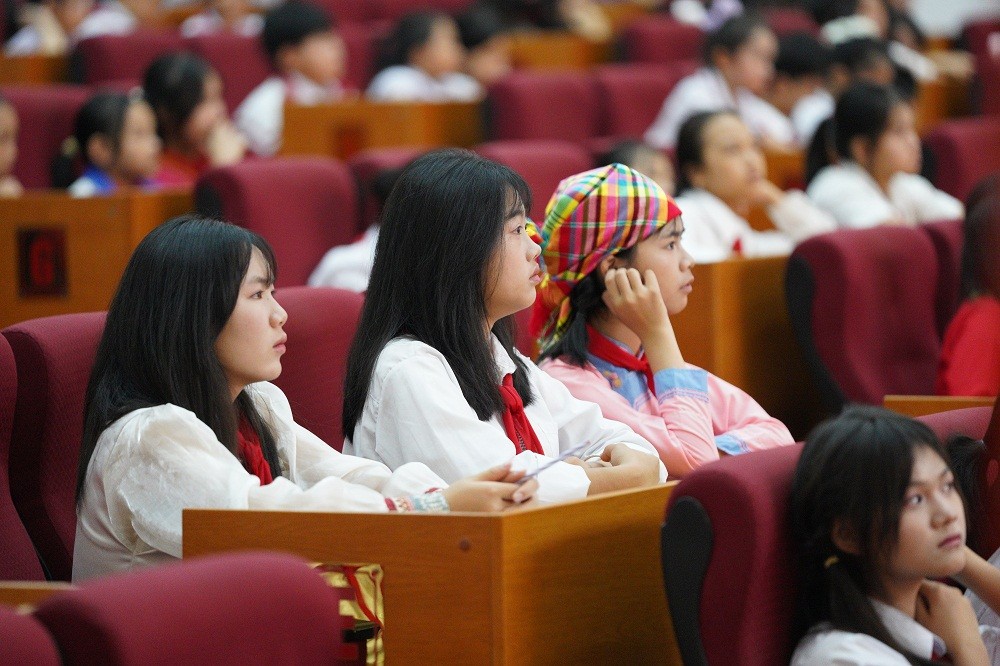 Viet's Home
Viet's Home
Lai Chau National Assembly, People's Council Delegates Hold Dialogue with Children
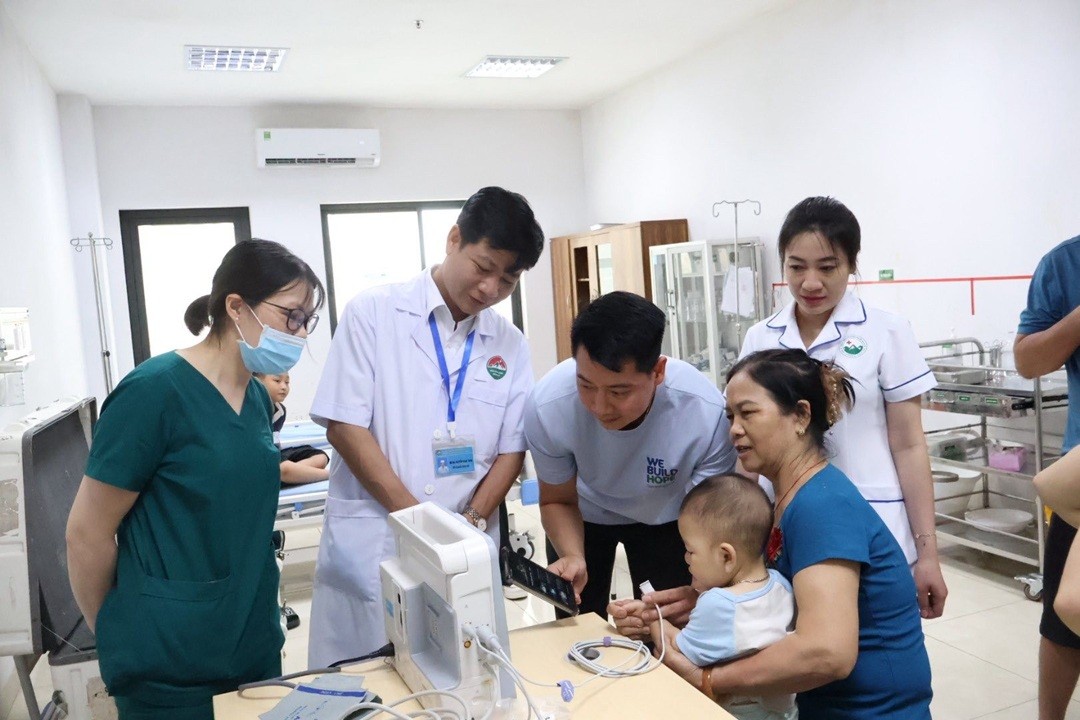 Viet's Home
Viet's Home
24 Children with Disabilities in Northern Provinces Received Free Surgery
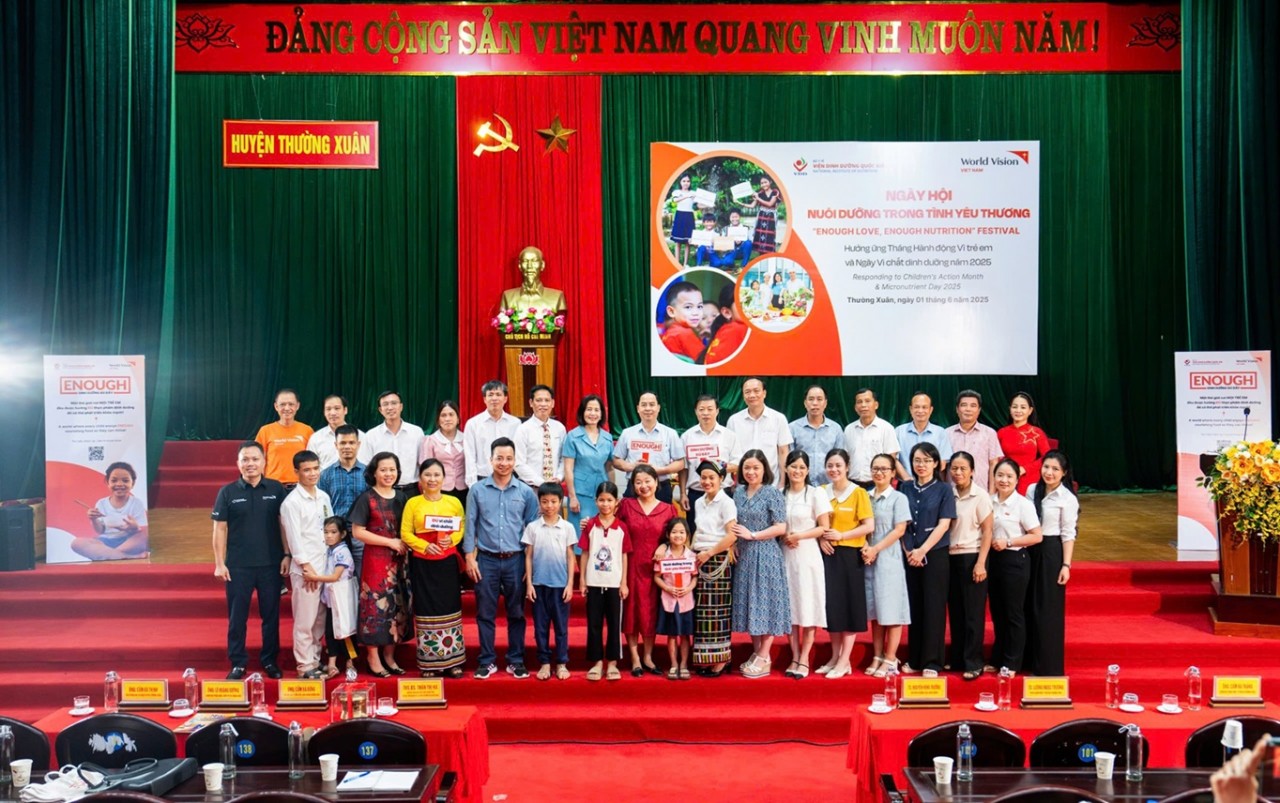 Viet's Home
Viet's Home
World Vision Promotes Comprehensive Nutritional Care for Vietnamese Children
Popular article
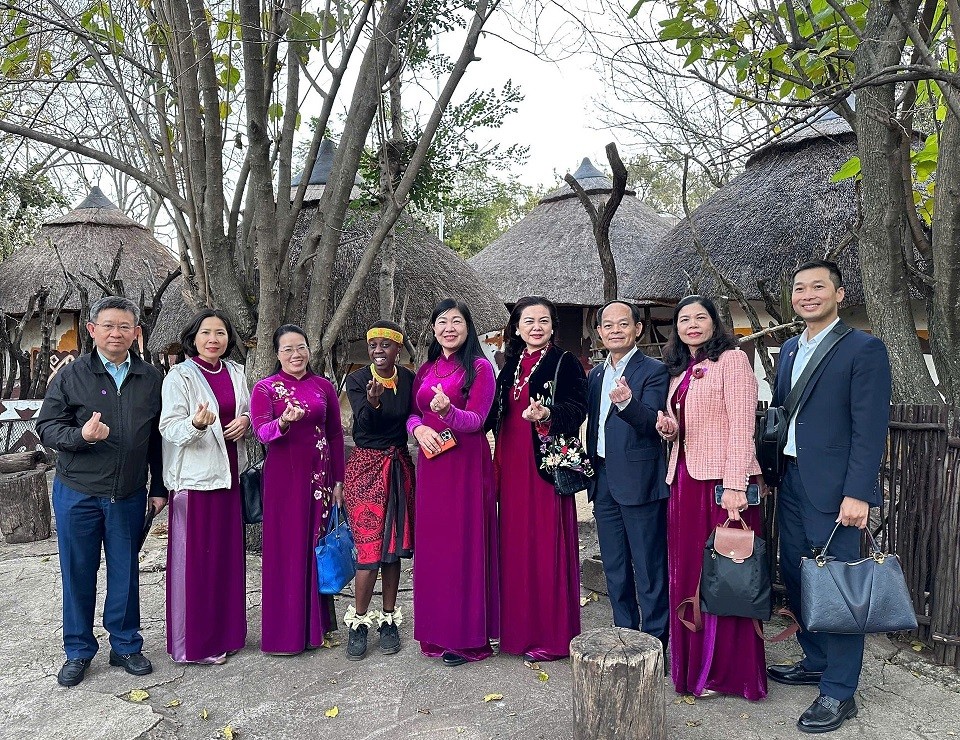 Viet's Home
Viet's Home
Hanoi, South Africa Strengthens People-to-people Exchanges, Expands Multi-sector Cooperation
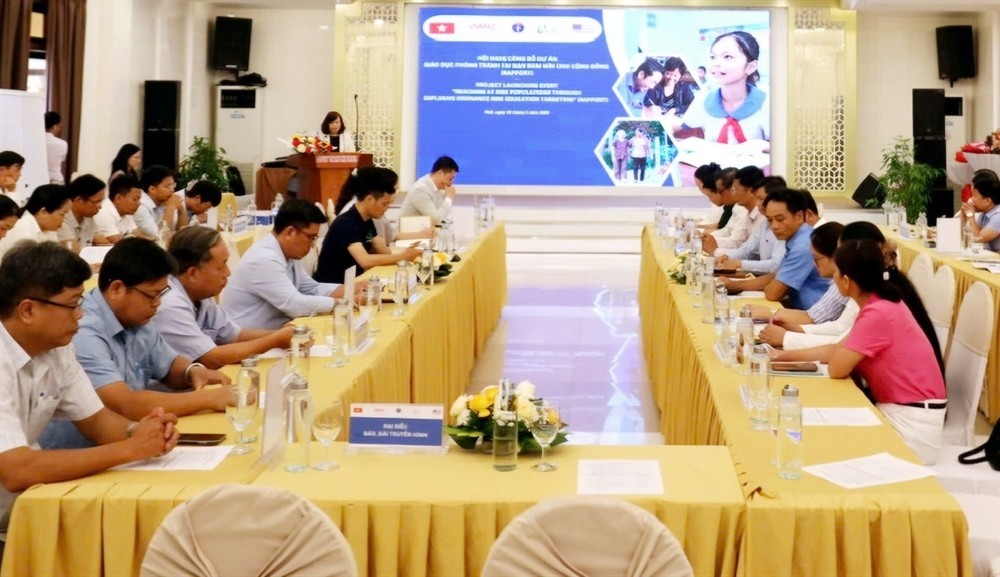 Viet's Home
Viet's Home
Hue City to Raise Awareness on Mine Accident Prevention
 Focus
Focus
Vietnam Leaves Imprints on the World Peacekeeping Map
 Viet's Home
Viet's Home




